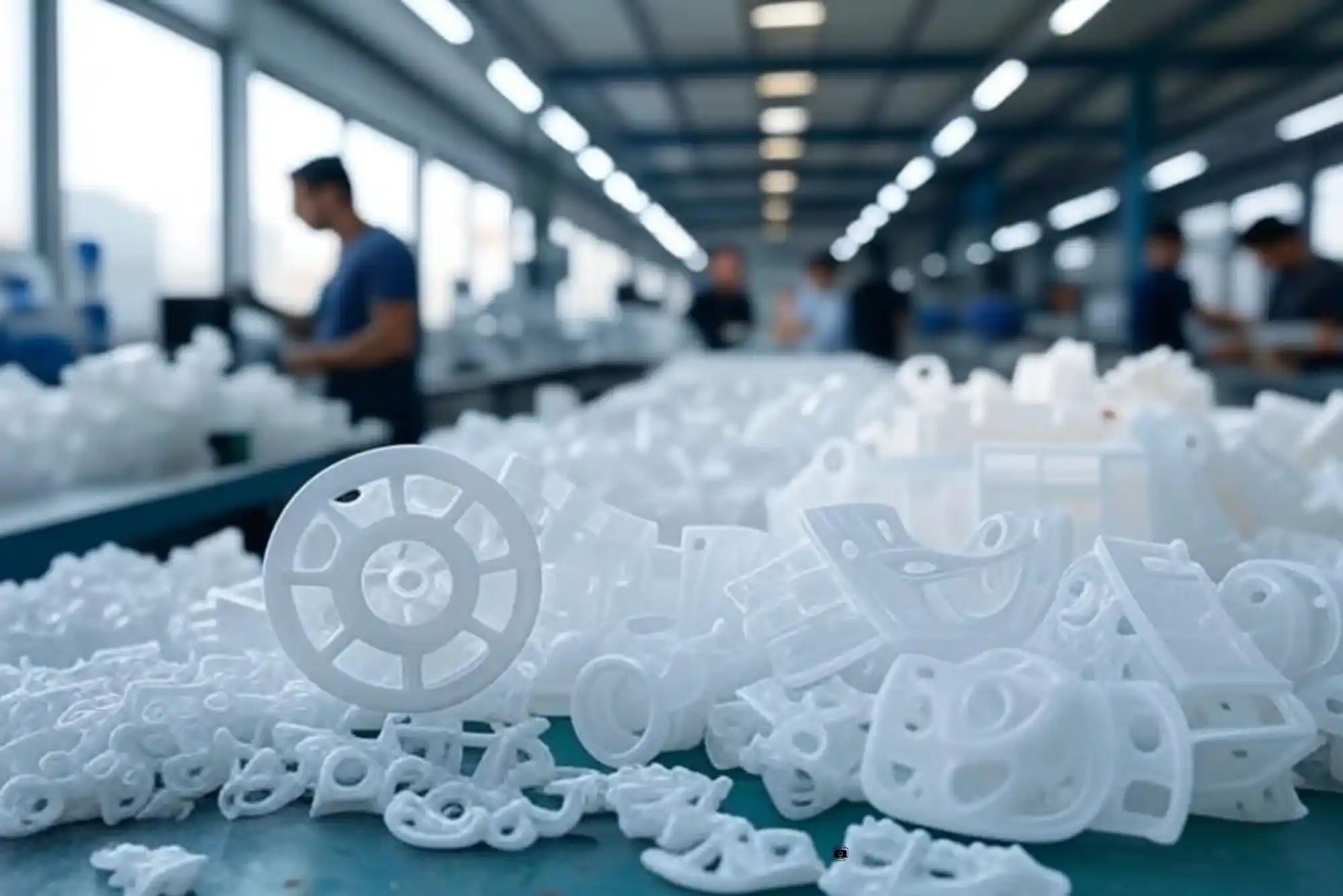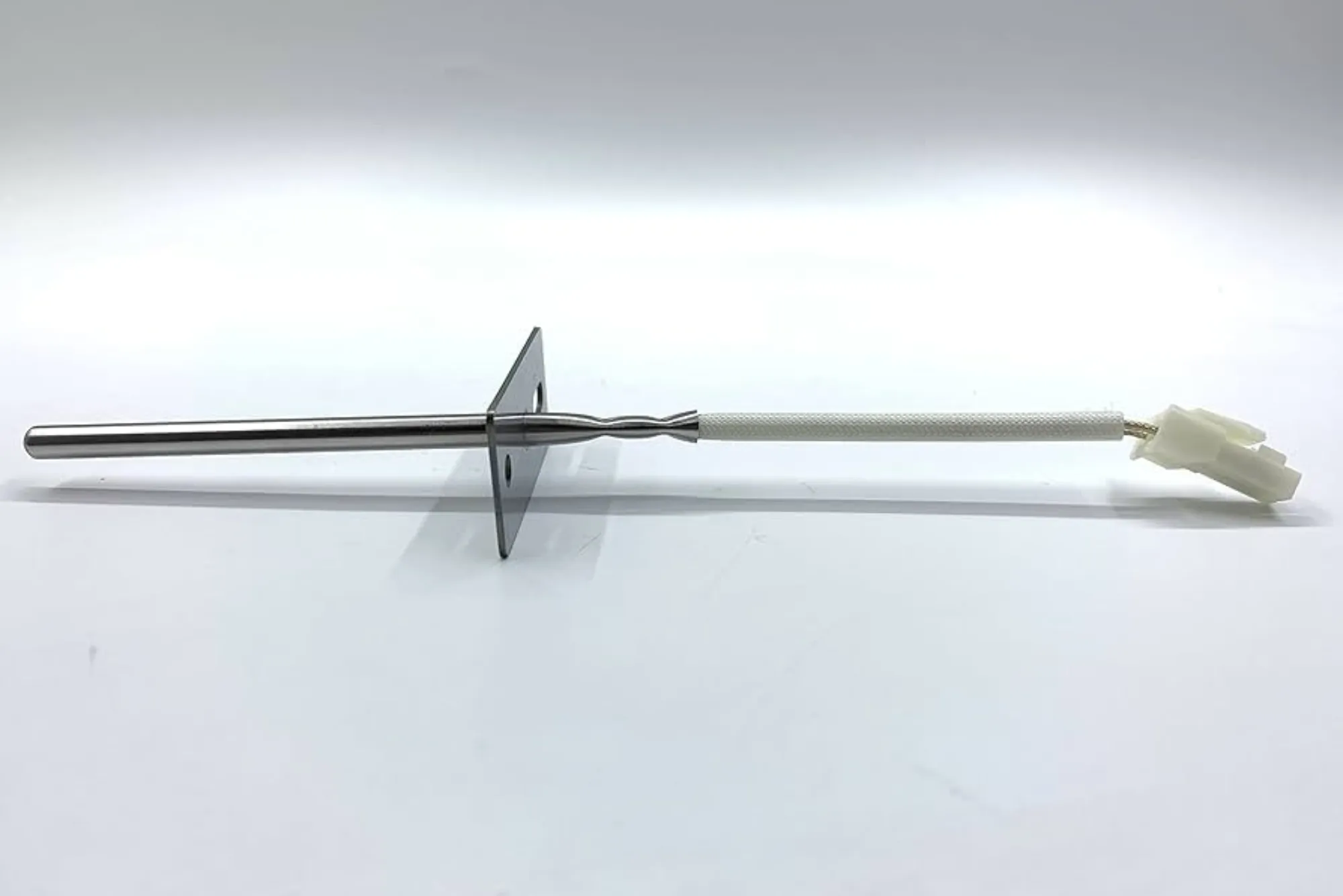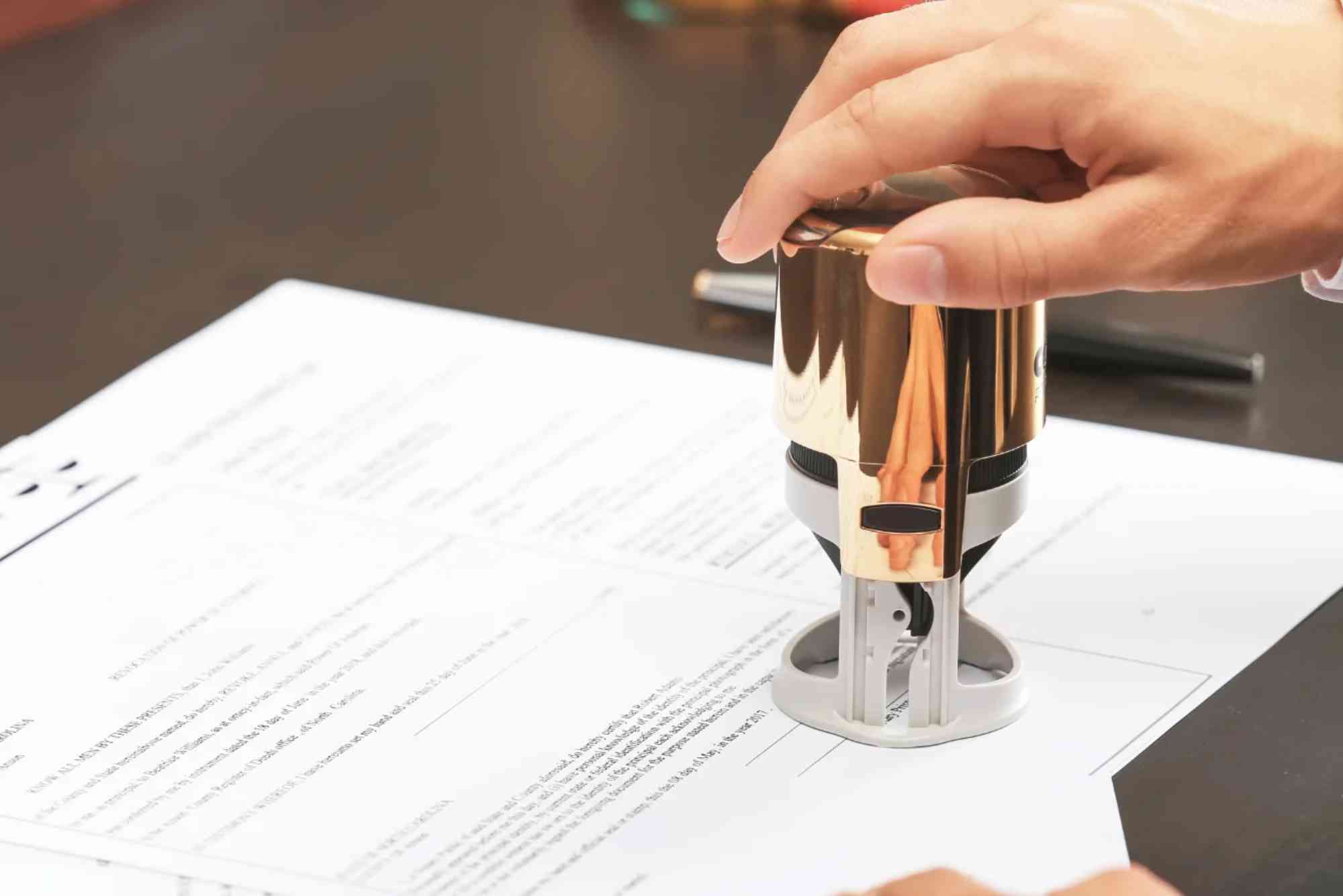When sourcing custom components for industries such as automotive, medical, consumer goods, or electronics, the role of reliable plastic parts manufacturers cannot be overstated. The choice you make will directly influence the quality, safety, and longevity of your end products. Many companies have faced costly recalls or reputational damage simply because they partnered with suppliers who failed to meet standards. That’s why verifying the trustworthiness of a manufacturer is a crucial step in the supply chain process.
In my years of working with suppliers across Asia, Europe, and North America, I’ve learned that what separates a reliable manufacturer from a risky one often comes down to transparency, certifications, and consistent communication. Let’s explore the key ways you can verify trusted plastic parts manufacturers and injection molding parts suppliers while minimizing the risks of poor-quality production.
Understanding Why Verification Matters
Before diving into the steps, it’s important to understand why verification should never be skipped. Plastic components are often integral to larger systems. A minor defect in a medical device casing or an automotive safety component can lead to serious safety concerns, compliance failures, and financial setbacks. Moreover, with the rise of global manufacturing, not every supplier adheres to the same standards. Some may cut corners on raw materials, use outdated equipment, or lack proper quality control. By thoroughly verifying a manufacturer, you gain peace of mind that your investment is protected.
Researching the Manufacturer’s Background
The first step in verification is conducting thorough research. Don’t limit yourself to browsing their website, which often highlights only their strengths. Look for third-party reviews, customer testimonials, and case studies. A trusted injection molding parts supplier is usually proud to showcase their long-term client relationships and may even provide references upon request.
Pay attention to how long the company has been in business. Longevity in the industry is often a sign that they’ve successfully navigated changing technologies, customer demands, and economic fluctuations. While newer companies can be innovative, established manufacturers typically provide a stronger safety net.
Certifications and Quality Standards
Certifications are one of the most reliable ways to assess credibility. A genuine plastic parts manufacturer should comply with international standards such as ISO 9001 for quality management, ISO 13485 for medical device components, or IATF 16949 for automotive parts. These certifications are not just paperwork—they represent strict audits and compliance with global best practices.
Additionally, ask about their material certifications. Reliable suppliers should be able to provide traceability for the raw plastics they use, ensuring they meet safety and environmental regulations such as RoHS or REACH. If a supplier hesitates to share this information, that’s a red flag worth noting.
Visiting the Facility or Requesting a Virtual Tour
Nothing builds confidence like seeing the operations firsthand. If possible, visit the manufacturer’s facility. This allows you to inspect their equipment, quality control processes, and working environment. Modern facilities that invest in advanced injection molding machines, automation, and clean workspaces generally reflect a higher level of professionalism.
For overseas suppliers where travel might not be feasible, many trusted injection molding parts suppliers now offer virtual tours or video calls. This level of transparency is a strong indicator of a supplier who has nothing to hide.
Evaluating Technical Capabilities
Every project is unique, and your chosen supplier must have the technical ability to meet your specifications. Check whether they specialize in the type of plastic parts you need—whether that’s high-precision medical components, durable automotive parts, or lightweight consumer goods.
Ask detailed questions about their mold design capabilities, tolerances, and ability to handle complex geometries. Trusted manufacturers often have in-house design teams who collaborate with clients during the prototyping phase, which not only speeds up production but also minimizes costly errors.
Communication and Responsiveness
In my personal experience, communication is often the strongest indicator of reliability. A manufacturer who responds quickly to inquiries, provides detailed answers, and keeps you updated during the production cycle is far more likely to be a dependable long-term partner.
On the other hand, if you find yourself chasing for updates, struggling with vague responses, or waiting days for replies, that lack of responsiveness often translates to bigger issues down the line. Remember, good plastic parts manufacturers don’t just build parts—they build relationships.
Requesting Samples and Prototypes
Before committing to large-scale production, always request samples. This is your chance to evaluate the manufacturer’s craftsmanship, precision, and ability to match your design requirements. Reputable suppliers will be open to prototyping and may even provide suggestions for material improvements or cost-saving adjustments without compromising quality.
Inspect the samples for consistency, durability, and finishing. Compare them with your CAD models or technical drawings to ensure the specifications align. This step alone can save you from costly misalignments later in mass production.
Transparency in Pricing and Contracts
Another vital element of trustworthiness lies in pricing and contractual transparency. Reliable injection molding parts suppliers provide clear, itemized quotations that cover tooling costs, material expenses, labor, and shipping. If a supplier offers a price that seems “too good to be true,” it often comes at the expense of material quality or hidden charges later.
A fair and detailed contract should also define lead times, quality standards, intellectual property rights, and penalties for delays or defects. Don’t hesitate to negotiate, but prioritize fairness and clarity over bargain hunting.
Checking Supply Chain Stability
Today’s global supply chains face disruptions ranging from raw material shortages to shipping delays. A trusted supplier should have strategies in place to manage these risks. Ask about their material sourcing partners, inventory practices, and contingency plans. The ability to ensure steady production even during market fluctuations is a hallmark of dependable plastic parts manufacturers.
Building Long-Term Relationships
Once you’ve verified and chosen a manufacturer, maintaining the relationship is just as important as the initial selection. Treat the supplier as a partner rather than a contractor. Regular communication, feedback, and mutual respect encourage suppliers to prioritize your orders and maintain their best quality standards. Over time, this partnership creates more room for innovation, better pricing, and consistent delivery.
Final Thoughts
Verifying trusted plastic parts manufacturers and injection molding parts suppliers may seem like a time-consuming process, but the benefits far outweigh the effort. From ensuring compliance with international standards to securing long-term reliability, each step helps you reduce risks and improve your overall product quality.
As someone who has seen both the costly consequences of poor supplier choices and the long-term gains of strong partnerships, I can say with confidence that diligence pays off. By focusing on transparency, certifications, communication, and ongoing collaboration, you set the foundation for successful manufacturing partnerships that will serve your business for years to come.




